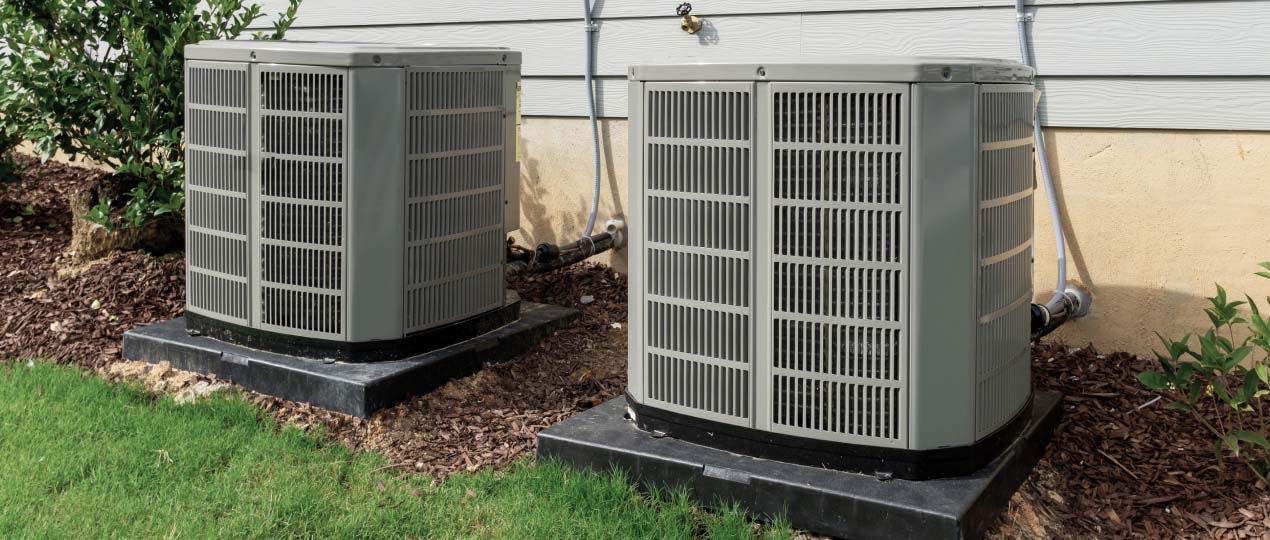
Boilers are essential parts of heating systems that provide warmth and hot water in both households and commercial facilities. With technological advancement, a wide range of boiler options are now available, catering to consumers’ specific requirements. It is important to know the differences between various types of boilers, such as conventional, combi, and condensing, to make informed decisions during installation.
Condensing boilers
Condensing boilers are a modern advancement in heating technology, known for their high efficiency and energy savings. Unlike conventional boilers that exhaust hot gases through a chimney, condensing boilers use a secondary heat exchanger to extract additional heat from the exhaust gases before they are discharged to the outside. This process maximizes energy utilization and reduces fuel consumption, making condensing boilers an environmentally conscious choice.
Considerations:
- Installation: Condensing boilers require proper drainage and a suitable location for condensate discharge due to their condensing nature.
- Venting: Special ventilation materials compatible with condensing boilers must be able to withstand the acidic condensate generated during operation.
Combi boilers
There are many types of boiler systems. Combination boilers, also known as combi boilers, are a type of boiler that combines the functionality of central heating and hot water supply into a single unit. They offer multiple benefits, such as space-saving and on-demand hot water delivery. Combi boilers heat water directly from the mains, which eliminates the need for a separate hot water cylinder or storage tank. They are ideal for smaller homes or properties with limited space, as they provide efficient heating and hot water supply without compromising on comfort.
Considerations:
- Flow rate: Combi boilers may have limitations on simultaneous hot water usage due to their reliance on water pressure and flow rate.
- System compatibility: Combi boilers are best suited for properties with moderate hot water demands. Larger households or commercial settings may require alternative solutions.
Conventional boilers

Different types of boiler systems require different approaches. Conventional boilers, also known as regular boilers or heat-only boilers, are traditional heating solutions. They are characterized by separate hot water storage tanks and expansion tanks. These boilers are often chosen for their reliability and simple installation process, and they are compatible with existing heating systems. In traditional boilers, water pressure is maintained through a cold water storage tank in the attic. This provides a constant flow of water for heating and domestic use.
Considerations:
- Space requirements: Conventional boilers typically require more space for installation due to the additional components, including storage tanks and pipework.
- Hot water availability: With a separate hot water cylinder, conventional boilers offer ample hot water storage for larger households or high-demand properties.
If you need professional assistance in choosing the most suitable boiler for your property, do not hesitate to contact certified HVAC experts. They will provide you with individualized recommendations and qualified installation services.
We’ll provide a comprehensive service that quickly and professionally solves your HVAC problems.
Order the best specialist in Canada Now (866) 545-6460






